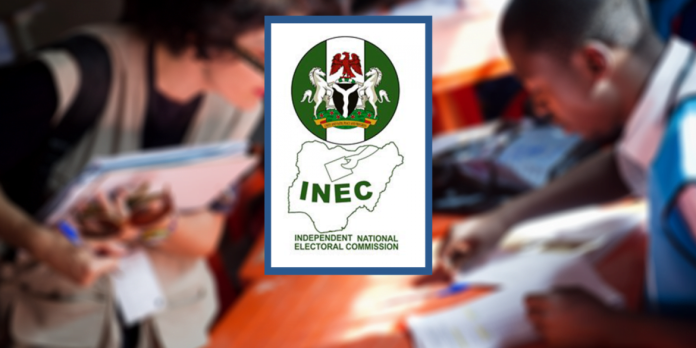NIGERIANS now have an opportunity to exercise one of their most sacred democratic rights ahead of the 2027 general elections, with the Independent National Electoral Commission’s (INEC) readiness to commence the Continuous Voter Registration (CVR) process that will, without question, shape the future of our democracy.
From the electoral umpire’s timetable, the nationwide exercise will begin with online pre-registration from August 18, 2025, followed by in-person registration from August 25, 2025, at INEC local government offices and designated registration centres. No doubt, this is not just an administrative procedure; it is the very first step towards holding credible elections and ensuring citizens’ performance of their civic duty.
A credible voter register is the foundation of electoral integrity as it ensures relative accuracy of election planning, from the printing of ballot papers to the allocation of polling units, and the training of election officials to the distribution of logistics. More so, voters’ registration acts as a buffer against electoral malpractices such as multiple voting, impersonation, and the casting of ballots by persons ineligible due to age or origin.
Voter registration in Nigeria has a long history, dating back to the First Republic. However, in 2010, with the reforms in the Electoral Act, Nigeria pushed for the Continuous Voter Registration system, marking a decisive break from the old model, where voter registration happened only before major elections; a model that effectively shut out eligible citizens who missed the limited window. That reform was not just about convenience; it was about deepening democracy.
As we stand two years away from the next general elections, this CVR is more than a routine civic exercise. It is a test of our political readiness. While we commend INEC for taking this step, commendation alone will not increase our numbers at the polls. The real work lies with the citizens, political leaders, institutions, and the communities.
Thus, Delta State, and indeed the entire South-south geopolitical zone, cannot afford to be complacent. A comparative look at voter numbers between northern and southern states is telling and troubling. While political awareness is key, numbers matter in elections. We must shed this lackadaisical attitude toward election matters that is common in the South, and we must do so with urgency. Every unregistered eligible voter is a lost voice in shaping our collective destiny.
This is why we call on the Delta State Orientation Bureau to immediately launch an aggressive awareness campaign across all 25 local government areas. This campaign must go beyond radio jingles and social media posts; it must penetrate every nook and cranny where our people live. The bureau should work hand-in-hand with social mobilisation directorates, community-based organisations, and civic groups to reach even the most remote communities in the local languages.
The political class must also rise to the occasion, ensuring grassroots mobilisation to complement INEC’s efforts. Politicians who truly seek the mandate of the people should be at the forefront and ensure that their constituents are registered and ready to vote. Religious leaders, too, have a moral duty in this cause — using their pulpits, mosques, and other gatherings to encourage voter registration as a civic obligation.
On its part, INEC must make itself available to facilitate a seamless exercise in the state. But while awaiting that help, the commission must deploy manpower and resources to all areas where the exercise would be conducted.


